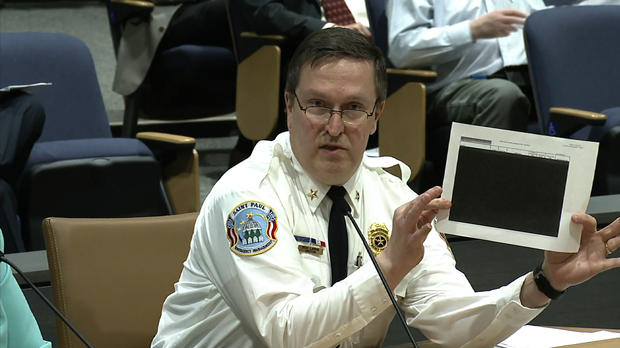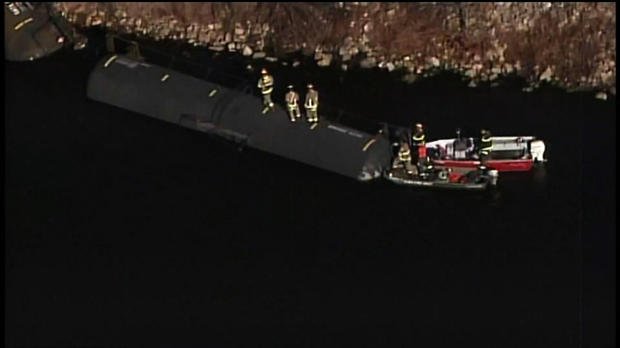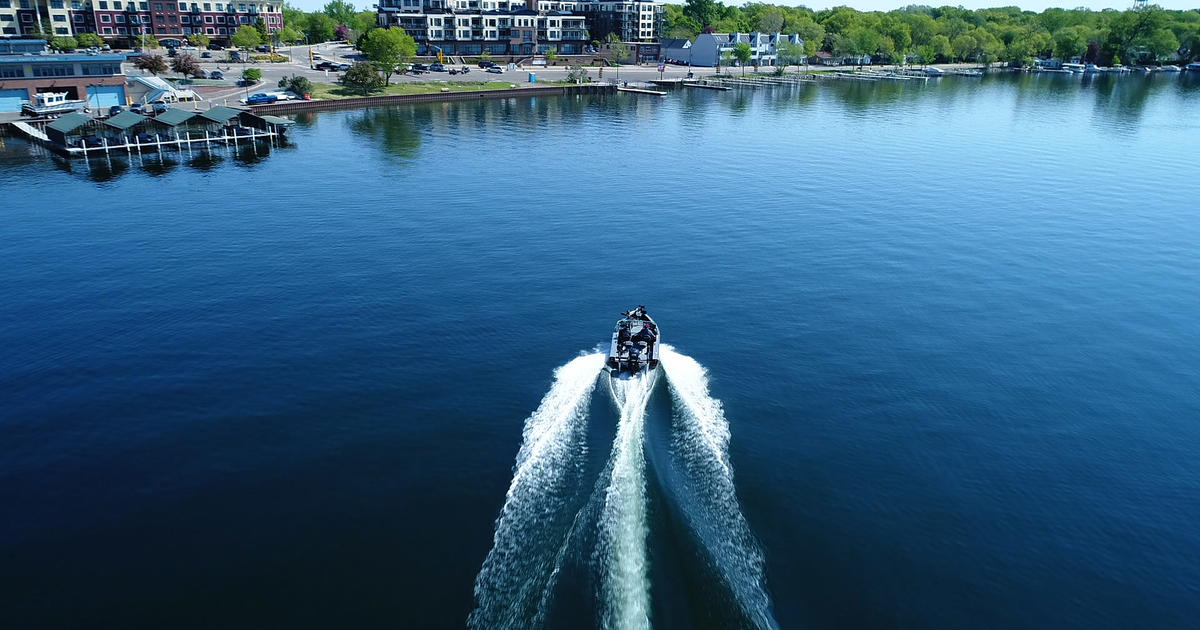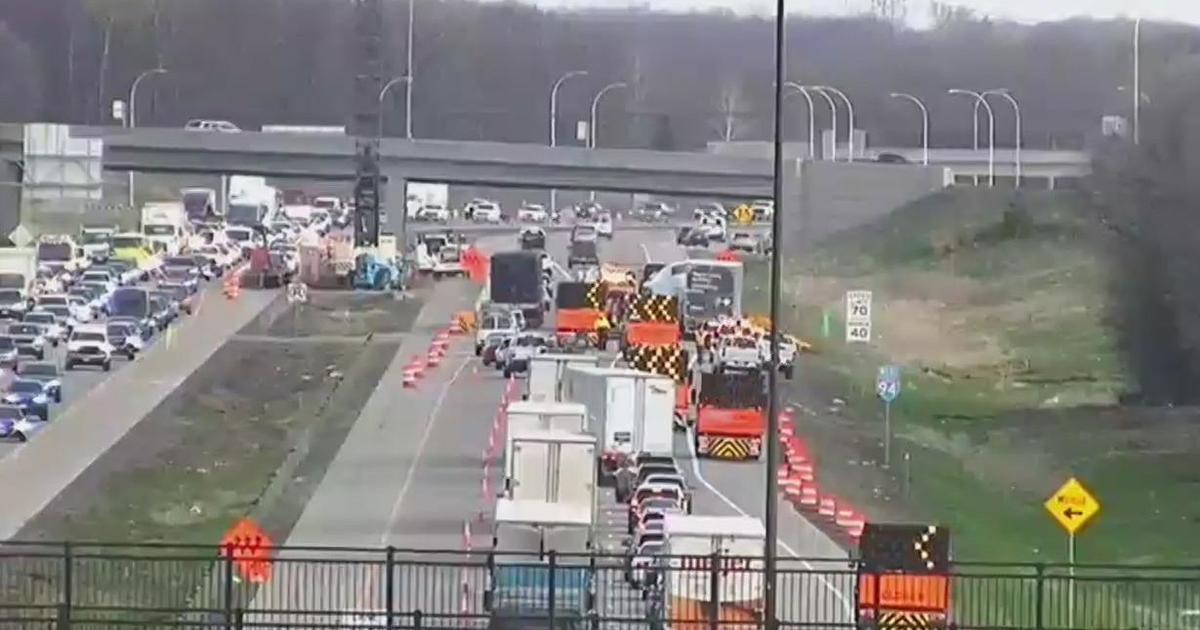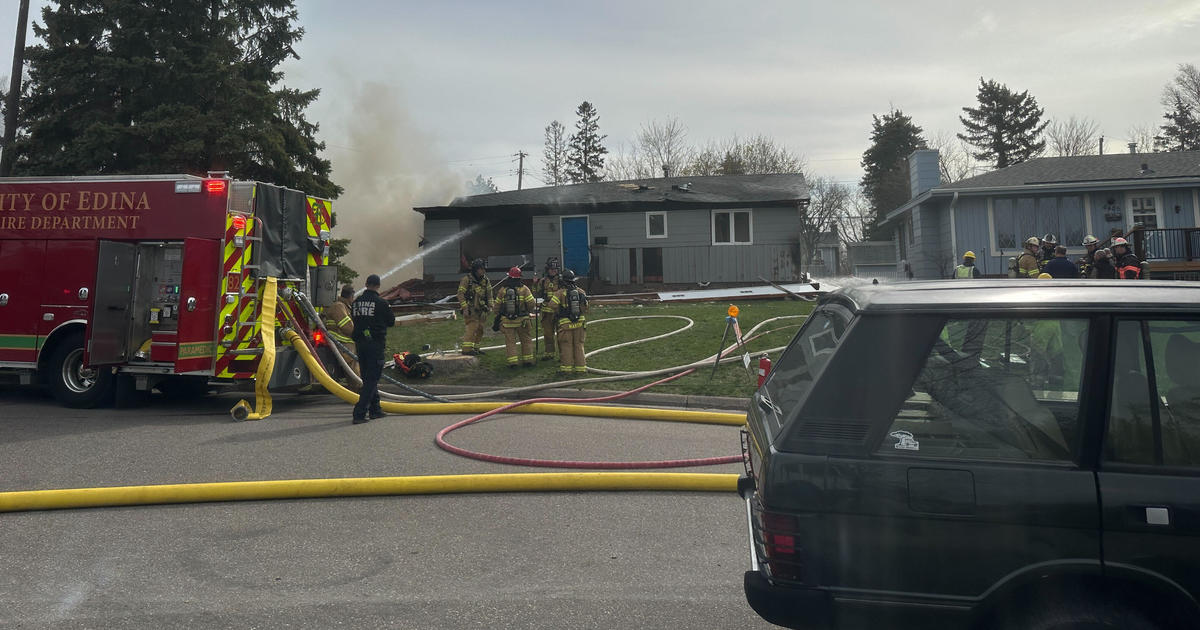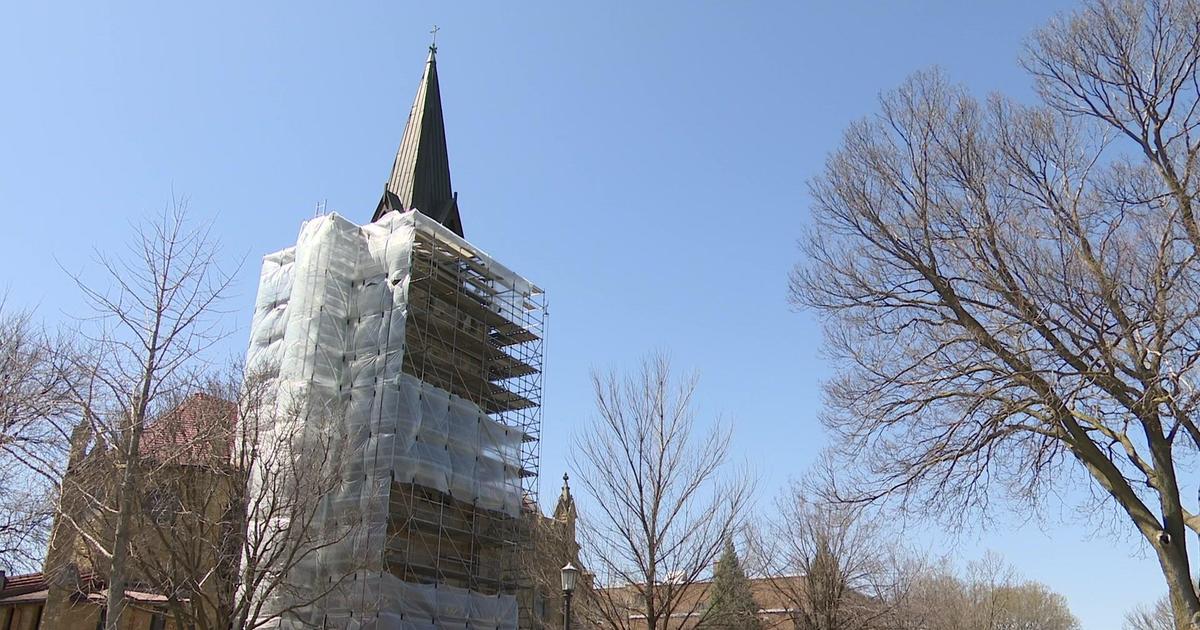Railroad Officials Clash With Lawmakers Over Safety Bill
MINNEAPOLIS (WCCO) -- Minnesota railroad officials are strongly opposing a bill at the state legislature which toughens up rail safety laws, calling it unnecessary.
The bill greatly expands rail safety requirements, and requires railroads to provide more detailed information faster about trains carrying hazardous materials, like oil.
Minnesota passed new rail safety laws in 2015, and the railroads say the state does not need new ones.
But state emergency officials made an extraordinary plea Friday to force railroads to give them detailed information they say they need before a potential disaster.
One top emergency official was openly frustrated by the railroad's response.
"This is what I got in the first four pages of the emergency response plans," said Rick Larkin, St. Paul's Emergency Management director.
Larkin then held up a sheet of paper with the content completely redacted in black.
"This is what I requested under my official duties, as the Emergency Management Director for the city of St Paul," he said.
The emergency director in Minnesota's largest county also says railroads are not giving him the specifics he needs to plan for catastrophic train derailments.
"That leaves us all, as an emergency management community, very, very nervous about how these incidents will go," said Eric Waage, Hennepin County's Emergency Management director. "And we have been fortunate so far as these things occur in very remote places. I'm very nervous about them happening in a highly concentrated area with populations at risk."
Railroads say Minnesota train derailments are actually down: From 88 in 1990, to 28 in 2015.
They are telling lawmakers there is no reason to more than double the number of state train inspectors from four to nine.
"This strikes me as, like, doubling the size of your police force after crime has been reduced by two-thirds," said Brian Sweeney, a government relations official for BNSF Railroad. "There's just no apparent reason to do this."
And one railroad representative went further. He said railroad officials encountered emergency management officials outside the hearing room, and scheduled a private meeting for May 2 to try to resolve their concerns -- specifically excluding Minnesota lawmakers.
"We're going to have the conversation," said John Apitz, who represents Minnesota Regional Railroads Association. "You all are not invited, so, if you don't mind, we'll just get on with that."
But emergency officials say they will back tougher state laws to force railroads to give them more information before an emergency.
"Your community emergency managers need to know what's under this black spot," said Larkin, holding up the heavily-redacted railroad document.
Minnesota has 4,000 miles of railroad track, the sixth largest in the country. It is also a major carrier of oil trains from the Bakken Oil Fields in North Dakota.
Federal government is predicting train traffic will rise dramatically in in the next few years.
